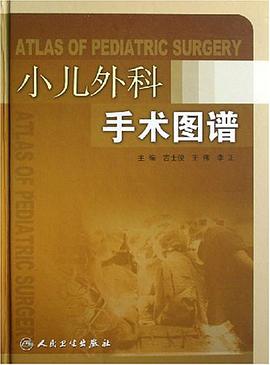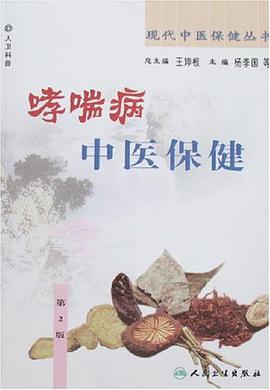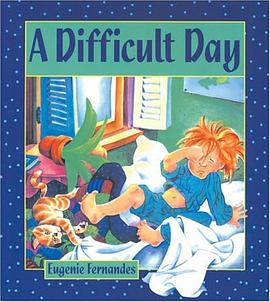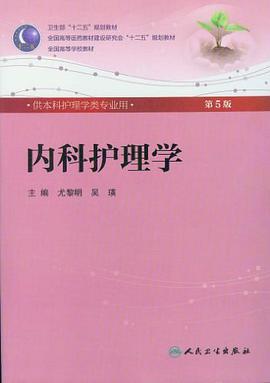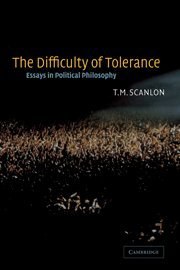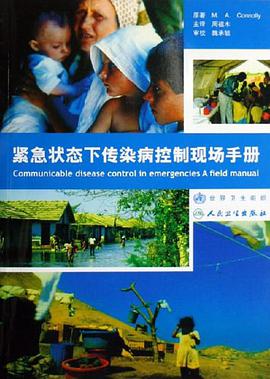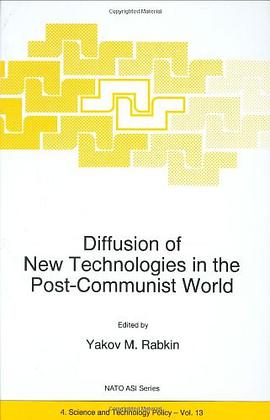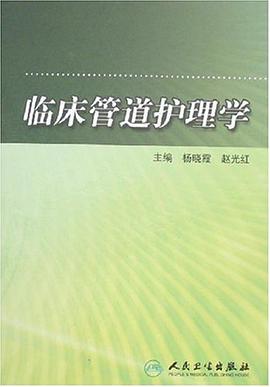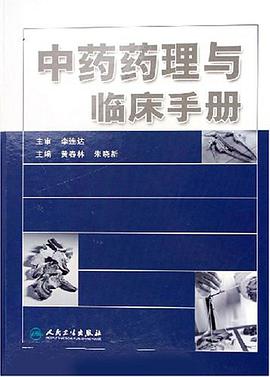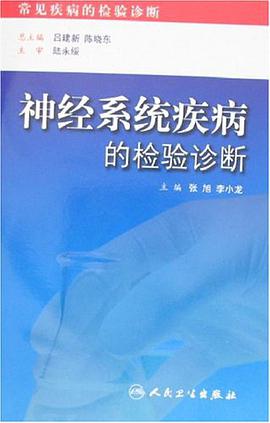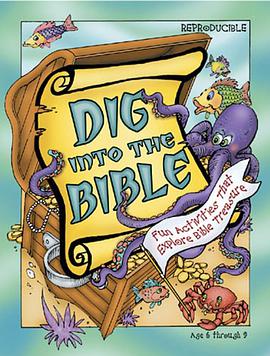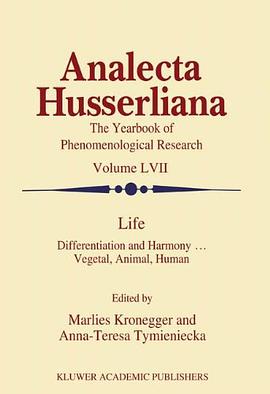

In her Introduction, Tymieniecka states the core theme of the present book sharply: Is culture an excess of nature's prodigious expansiveness - an excess which might turn out to be dangerous for nature itself if it goes too far - or is culture a 'natural', congenial prolongation of nature-life? If the latter, then culture is assimilated into nature and thus would lose its claim to autonomy: its criteria would be superseded by those of nature alone. Of course, nature and culture may both still be seen as being absorbed by the inner powers of specifically human inwardness, on which view, human being, caught in its own transcendence, becomes separated radically in kind from the rest of existence and may not touch even the shadow of reality except through its own prism. Excess, therefore, or prolongation? And on what terms? The relationship between culture and nature in its technical phase demands a new elucidation. Here this is pursued by excavating the root significance of the 'multiple rationalities' of life. In contrast to Husserl, who differentiated living types according to their degree of participation in the world, the phenomenology of life disentangles living types from within the ontopoietic web of life itself. The human creative act reveals itself as the Great Divide of the Logos of Life - a divide that does not separate but harmonizes, thus dispelling both naturalistic and spiritualistic reductionism.
具体描述
读后感
评分
评分
评分
评分
用户评价
相关图书
本站所有内容均为互联网搜索引擎提供的公开搜索信息,本站不存储任何数据与内容,任何内容与数据均与本站无关,如有需要请联系相关搜索引擎包括但不限于百度,google,bing,sogou 等
© 2025 book.wenda123.org All Rights Reserved. 图书目录大全 版权所有


